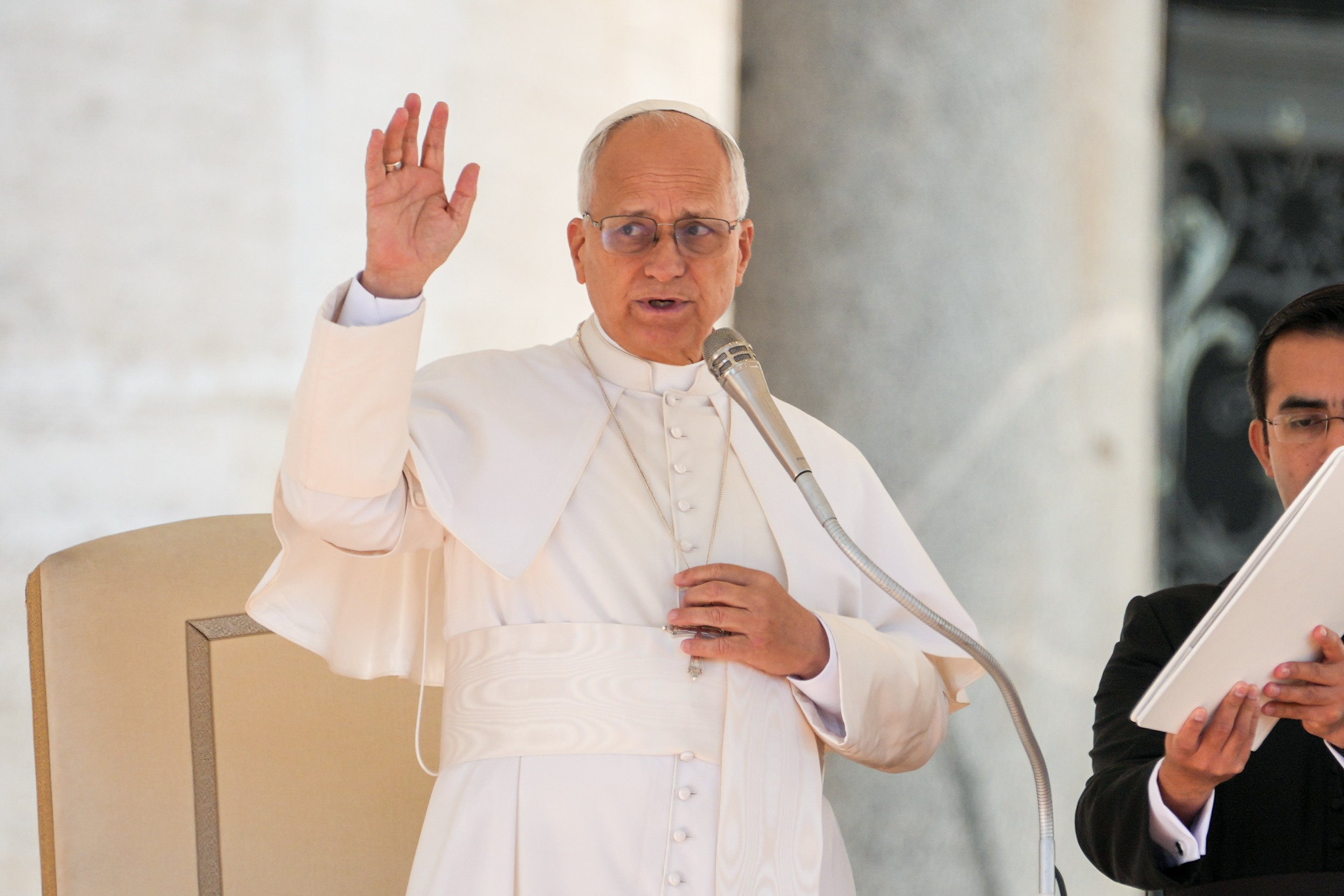April 6, 2018 at 1:53 p.m.
WORD OF FAITH
He comes into the world
'What has come into being in Him was life, and the life was the light of all people.' - John 1:3
Though Easter is a more significant feast than Christmas, celebrating Jesus' birth offers important insights into our faith.
Among other things, it forces us to zero in on Jesus being one of us. John's theology (John 1:1-8) says this Galilean carpenter existed as God from all eternity, but at one point in our history, He agreed to come to earth and share our human condition.
It might be helpful to examine the human condition which Jesus made His own - a condition which longed for a change, else Jesus' arrival wouldn't have been necessary.
Scholars agree that John the Evangelist got his idea about Jesus being the Word of God from the oracles of Deutero-Isaiah, a prophet active during Israel's sixth-century-BCE Babylonian exile - which was, until the Holocaust, the darkest period in Jewish history.
Heading home
The captives were helpless. Never again would they see the Holy Land. Then Deutero-Isaiah preaches a message at right angles to what the Chosen People expected: No longer was Yahweh angry with them. On the contrary, they were to prepare for a return to Israel. But how could the prophet be certain about this? Where's the proof that Yahweh will carry through on such good news? The prophet's answer is classic: We have Yahweh's word on it!
Deutero-Isaiah's convinced that once God speaks God's word, that word has an effect. It actually happens. In this case, if Yahweh says we're going home, then start packing.
That conviction is the basis for Sunday's first reading (Isaiah 52:7-10, for liturgies celebrated during the day): "How beautiful upon the mountains are the feet of the one who brings glad tidings, announcing peace, bearing good news, announcing salvation, and saying to Zion, 'Your God is King!'"
It not a surprise to biblically-formed people that God's word constantly breaks into their lives. The Hebrews author reminds his audience (Heb 1:1-6), "In times past, God spoke in partial and various ways to our ancestors through the prophets."
Then he brings up the basic tenet of all Christian faith: "In these last days, He spoke to us through a Son, whom He made heir of all things and through whom He created the universe, who is the refulgence of his glory, the very imprint of His being."
John takes the next theological step: "In the beginning was the Word, and the Word was with God, and the Word was God."
Light of the world
Like Deutero-Isaiah's word of Yahweh, Jesus is the "light in the darkness, and the darkness has not overcome it." By choosing to come on earth, Jesus chose to be God's effective word among us. What He announces about God, He is.
No matter the perks which organized religion provides, our human condition still demands God's word. It alone gives hope in our hopelessness. It's the force driving us to look beyond the limited horizon which our limited human nature projects - a light in an otherwise dark world.
Deutero-Isaiah and Jesus brought good news only because both were so immersed in our humanity that they knew what we really needed.
There's a "kicker:" As John puts it, "To those who did accept Him, [Jesus] gave power to become children of God."
Just as Jesus, the son of God, brings God's word to this world, so we, the children of God, are obligated to share that same word. The helpless should be able to expect our feet to be just as beautiful as those of Deutero-Isaiah and Jesus.[[In-content Ad]]
SOCIAL MEDIA
OSV NEWS
- Pope offers prayers for the Philippines and for peacemakers
- Dig deep and work patiently to keep church on solid foundation, pope says
- Portland archbishop on ICE: Human dignity comes from God, not government
- Christian hope shows the earth can resemble heaven, pope says
- Washington Roundup: Election shifts; Venezuela vote; transgender passports, and more
- Novel highlights power of art and music as a salve to troubled humanity
- Supreme Court sides with Trump administration to temporarily block full funding for SNAP
- Former diocesan fundraising director indicted on wire fraud for alleged 6-figure theft
- Love is key to church’s mental health ministry, says bishop who lost family to suicide
- Caring for creation is part of peacemaking, pope tells COP30







Comments:
You must login to comment.